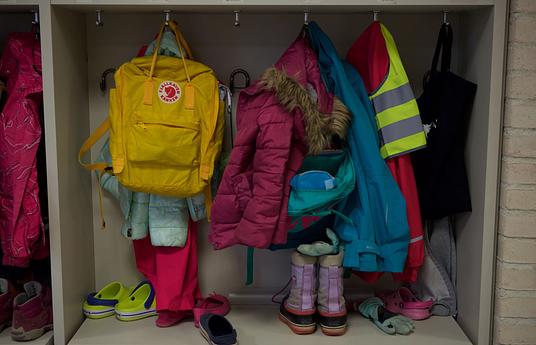Our societies are divided when it comes to who learns foreign languages and who doesn't. Those living in more affluent areas of a country are more likely to study languages in high school through to graduation. This is no doubt a reoccuring trend worldwide.
Learning foreign languages benefits both students and societies as a whole. Languages help to introduce students to other cultures and therefore increases their sensitivity and acceptance to those different from themselves. A vital attribute in a globalized world.
It is also good for the economy. The British Council suggested that the UK missed out on billions of pounds worth of trade because of a shortage of language speakers. Particularly in the UK, the forthcoming Brexit means that the UK will need more foreign language speakers rather than less, to help negotiate trade deals for them as the EU will no longer hold this role.
This means it's also good for job security. Younger generations are currently facing an increasingly hostile job market, therefore it can only help their prospects by adding a language to their skillset to help them stand out.
A recent report stated that learning languages should be compulsory in schools. Considering the importance of language skills in today's globalized world, we need to make sure teaching practices are up to scratch to help engage students and motivate them to take up new languages.
So how can we innovate language lessons?
The SYK Comprehensive School is attempting to reinvigorate language classes by harnessing the potential of the digital technologies which are now available. This experiment attempts to point out how educational technology can spice up language learning and teaching when it is being used appropriately.
The students have been using new types of technology in various ways to help them grasp new grammars and vocabularies. The project is currently assessing the results from these experiments to see which learning environments and technologies are most successful in helping students to learn a new language.
The purpose of the project is to identify these practices as well as to encourage children to learn and use less common languages – with the aim that they would become fluent in these languages. Being able to speak a language that is more uncommon in a country can provide children with an extra string to their bow when they enter the job market.
It is our job to make sure no child is left behind.
As the movement of people around the globe is becoming an accepted part of globalization, it’s also important for teachers to update their own practices by learning how to teach successfully in a multilingual class.
If teachers do not have adequate training or support, students whose first language is different to the country they’re growing up in or who are brought up bilingual may find it difficult to keep up in class. It is our job to make sure no child is left behind.
Keinutie Elementary School has come up with the brilliant idea of partnering with teacher training programmes to give student teachers internships in their school. The student teachers can provide extra support to bilingual students whilst learning how to teach from first-hand seasoned professionals. This experience will help them when they are qualified to be able to work in a classroom where they too might have a child who needs extra support with a new language.
Interactive language learning environments will be trialled to discover the optimum way to teach different languages and to help those who are bilingual.
The project also works to create an inclusive environment for people from all backgrounds. Immigrant families will be encouraged to participate in schools to give them a community to belong to in their new home.
By the end of the project, they will have documented various ways to integrate children from different backgrounds which can then be replicated both in the same school and around the world!
The results of these projects will be available in Fall 2017, when all of our innovations will be available as teacher toolkits so you can implement our tried and tested methods where you are!
Get the latest updates on our innovations by subscribing to our newsletter or following us on social media @HundrEDorg






